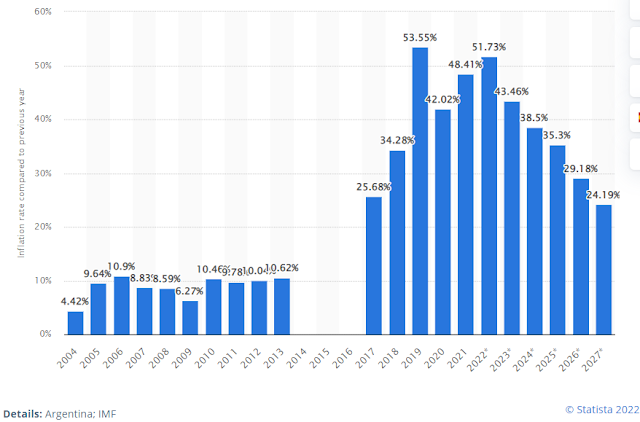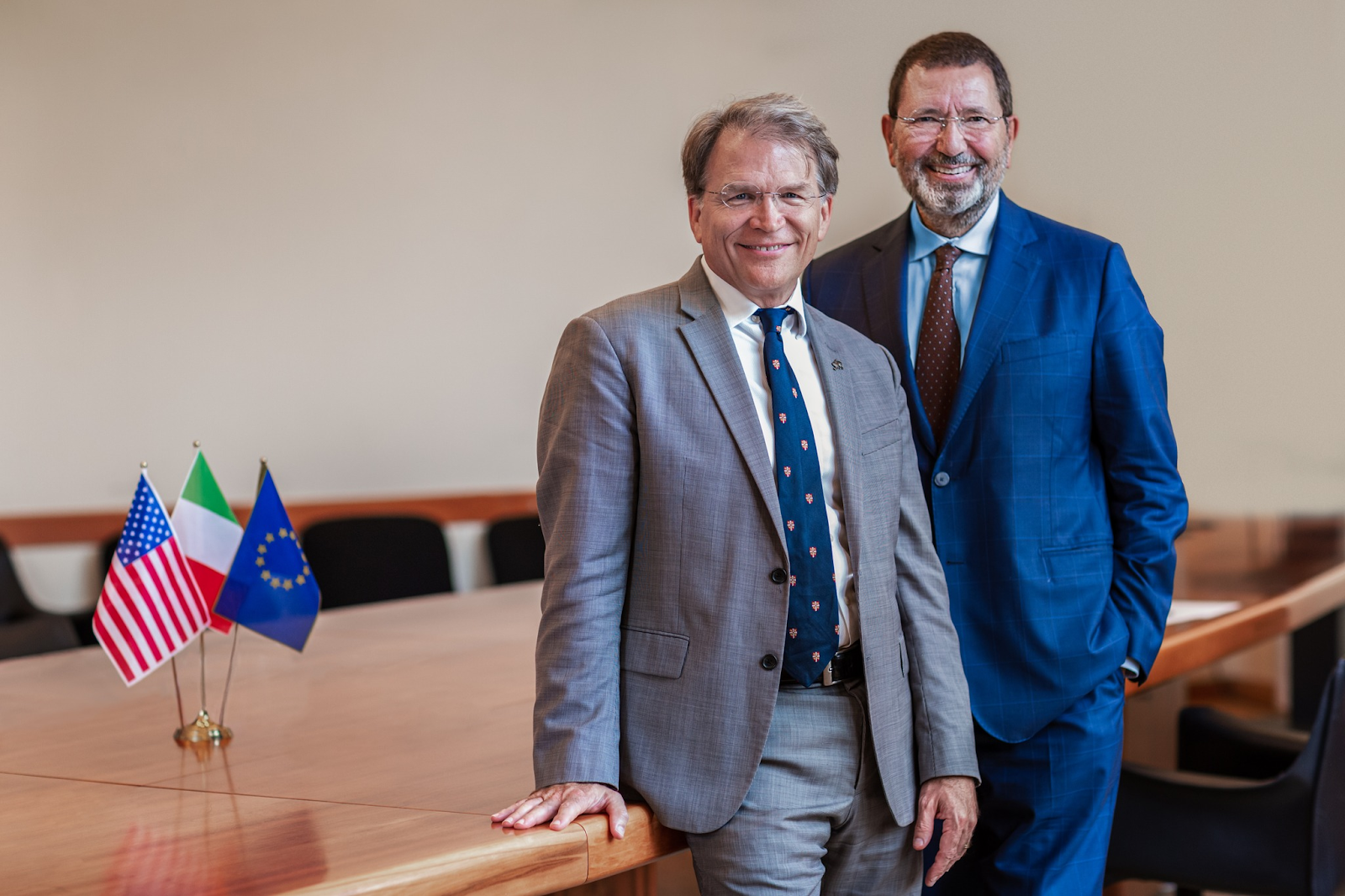There's a fight over public versus private school funding in Arizona. Here's the background:
Arizona OKs Biggest US School Voucher Plan, Faces Challenge. Republican Gov. Doug Ducey has signed a massive expansion of Arizona’s private school voucher system. AP, July 7, 2022
"Republican Gov. Doug Ducey on Thursday signed a massive expansion of the state’s private school voucher system, even as he faced a promised effort by public school advocates to block the bill and ask voters to erase it during November’s election.
"The expansion Ducey signed will let every parent in Arizona take public money now sent to the K-12 public school system and use it to pay for their children’s private school tuition or other education costs.
...
"Ducey has championed “school choice” during his eight years in office. He signed a universal voucher expansion in 2017 with enrollment caps that was referred to the ballot by a grassroots group called Save Our Schools Arizona.
"Voters soundly rejected the expansion by a 2-to-1 vote in the 2018 election, but advocates of what are formally called “Empowerment Scholarship Accounts” pushed ahead with new expansions anyway. The universal voucher bill passed with only support from majority Republican lawmakers in the legislative session that ended early on June 25."
**********
And Salon brings us up to date:
Arizona's school privatization battle heats up: Will the voters get to decide? Republicans' massive school voucher plan may yet be defeated (again) — but the challenge is stiffer this time By KATHRYN JOYCE, SEPTEMBER 20
"A fight over the future of the most sweeping school voucher program in the country has heated up in Arizona over the last few weeks, as public school advocates race to gather enough signatures to trigger a ballot referendum aimed at overturning a voucher law recently passed by the state's Republican-dominated legislature. The referendum campaign, which faces a crucial deadline this Friday, has drawn intense opposition from Arizona conservatives. This has included funding for multiple anti-referendum websites, roadside protests starring Republican legislators and, over the last two weeks, conflicts between activists both on social media and in the streets.
...
"Under the new law, any Arizona parent who opts their children out of public school will receive a debit card with an average balance of just under $7,000, which they can use to spend on almost any educational needs they choose, from private school tuition to homeschooling expenses to buying computers to hiring private teachers for "microschools." Public education advocates immediately warned that such a huge transfer of public funds to private hands could be the death knell for public schools, which would likely have to make untenable cuts to teaching staff and school programs.
...
"From the inception of Arizona's ESAs, critics have charged that they're little more than a workaround to funnel public tax dollars to private schools. The idea was born after a court found in 2009 that two earlier Arizona school voucher programs were unconstitutional, violating the state's prohibition on using public money for private education. In 2011, under the guidance of the Goldwater Institute, a conservative think tank, the state launched an ingenious alternative: sending state funds directly to parents, who spend the money as they see fit. The ESA option then became a nationwide model, copied in numerous other states and increasingly seen by conservative education reform activists as "the purest form of school choice."
HT: Bertan Turhan







.jpg)




